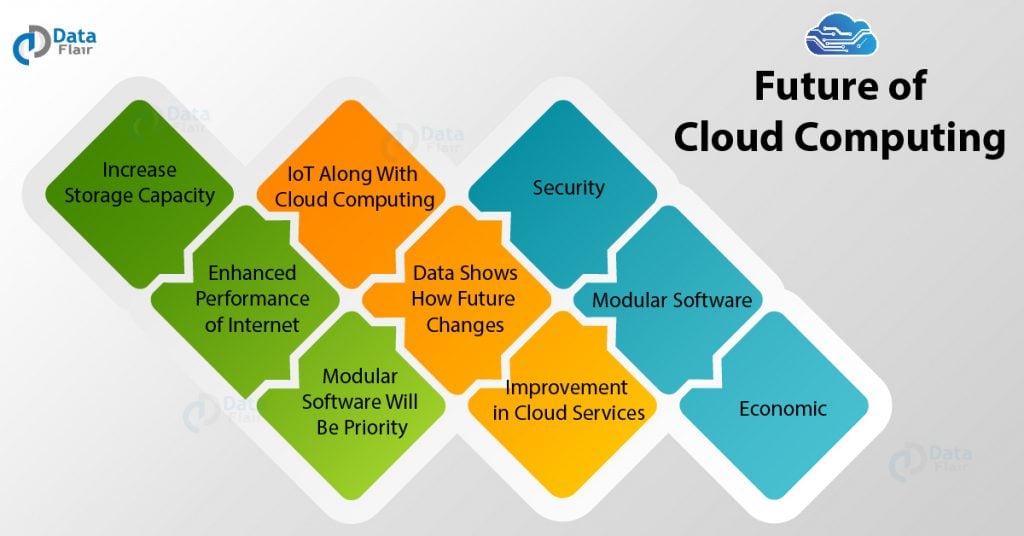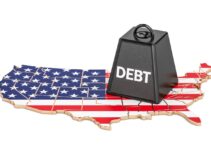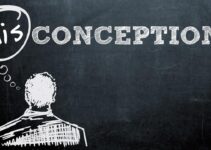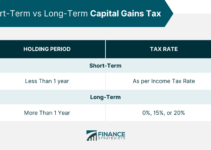The Future of Sustainable Business: Trends and Predictions unveils a world where businesses are not just engines of profit, but catalysts for positive change. This journey delves into the transformative forces shaping the future of business, exploring how sustainability is no longer a niche pursuit but a core value driving innovation and growth.
From the increasing demand for eco-conscious products to the rise of innovative technologies, we’ll navigate the landscape of sustainable business practices, uncovering the challenges and opportunities that lie ahead. We’ll examine how businesses are integrating sustainability into their core operations, embracing transparency and accountability, and ultimately contributing to a more equitable and sustainable future.
The Rise of Sustainable Business: The Future Of Sustainable Business: Trends And Predictions
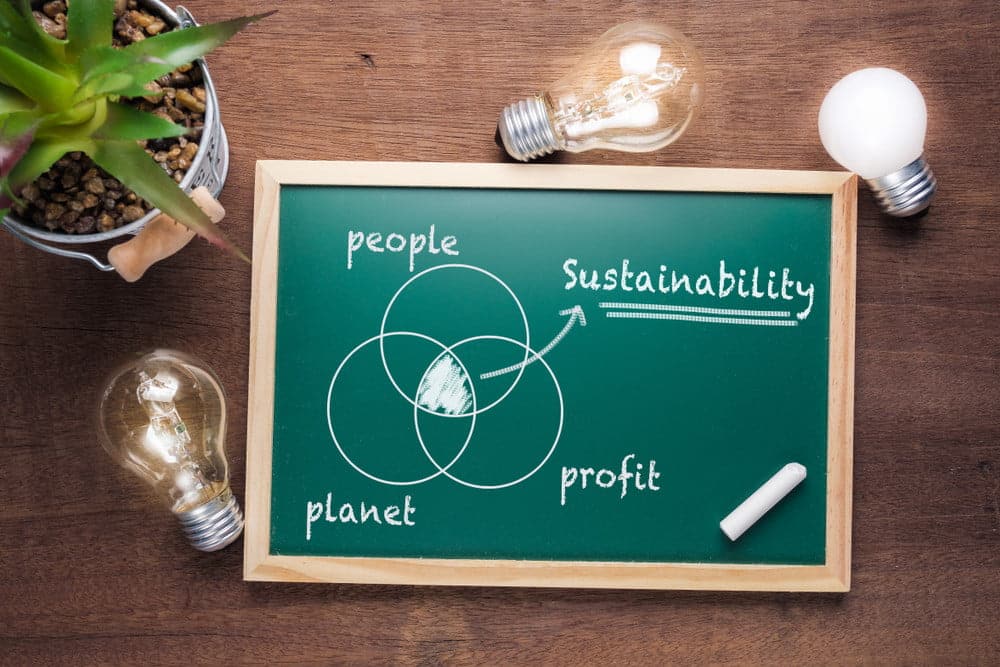
Sustainable business is no longer just a trend; it’s a necessity. The world is facing a multitude of environmental and social challenges, and businesses have a critical role to play in finding solutions. Consumers are increasingly demanding sustainable products and services, and investors are seeking companies with strong environmental, social, and governance (ESG) records.
This shift in consumer and investor sentiment is driving a surge in sustainable business practices, transforming the business landscape.
Companies Leading the Way
Numerous companies have successfully integrated sustainability into their core operations, demonstrating the viability and profitability of sustainable business models.
- Patagonia, a renowned outdoor clothing brand, is known for its commitment to environmental conservation and ethical sourcing. They have actively campaigned for environmental protection and have implemented practices like using recycled materials and reducing their carbon footprint.
- Unilever, a global consumer goods giant, has set ambitious sustainability goals, including reducing its environmental impact and promoting sustainable agriculture. They have invested in renewable energy, reduced packaging waste, and launched sustainable product lines.
- Tesla, an electric vehicle manufacturer, is revolutionizing the automotive industry by promoting sustainable transportation. They have made significant strides in developing electric vehicles and battery technology, contributing to a cleaner energy future.
The Power of Consumer Demand
Consumer demand for sustainable products and services is a powerful driver of change in the business world. Consumers are increasingly aware of the environmental and social impacts of their purchasing decisions, and they are choosing to support companies that share their values.
- Ethical Consumption:Consumers are actively seeking out products and services that are ethically produced and sourced, from fair trade coffee to organic clothing.
- Transparency and Accountability:Consumers are demanding transparency from companies about their sustainability practices, seeking information on their supply chains, environmental impact, and social responsibility initiatives.
- Sustainable Choices:Consumers are making conscious choices to support businesses that are committed to sustainability, even if it means paying a premium for sustainable products.
Key Trends Shaping the Future of Sustainable Business
The future of sustainable business is being shaped by a confluence of trends, driven by technological advancements, evolving regulatory frameworks, and shifting consumer preferences.
Investing in a sustainable future is no longer a niche concern but a critical imperative for long-term growth and societal well-being. The DealBook Summit 2024 will examine the role of ESG (Environmental, Social, and Governance) factors in investment decisions and the impact of sustainable practices on businesses and the planet.
This topic is explored in depth in ” Investing in a Sustainable Future “.
The Rise of Sustainable Technology
Technology is playing a crucial role in driving sustainable innovation.
- Renewable Energy:Advancements in solar, wind, and other renewable energy technologies are making clean energy more accessible and affordable, enabling businesses to reduce their reliance on fossil fuels.
- Smart Manufacturing:Smart manufacturing technologies, such as automation and data analytics, are helping businesses optimize production processes, reduce waste, and improve efficiency.
- Circular Economy:Emerging technologies are facilitating the transition to a circular economy, where resources are reused and recycled, minimizing waste and maximizing resource utilization.
Regulatory Frameworks for Sustainability
Governments and regulatory bodies are increasingly setting standards and regulations to promote sustainable business practices.
- Carbon Pricing:Carbon pricing mechanisms, such as carbon taxes and cap-and-trade systems, are encouraging businesses to reduce their carbon emissions.
- Environmental Reporting:Regulations are requiring businesses to disclose their environmental performance and sustainability data, increasing transparency and accountability.
- Sustainable Procurement:Governments are implementing policies that promote sustainable procurement, encouraging businesses to source goods and services from suppliers with strong sustainability credentials.
Sustainable Business Models and Strategies
Businesses are adopting a variety of sustainable business models and strategies to integrate sustainability into their core operations.
Navigating a volatile market requires a strategic approach to investing. The DealBook Summit 2024 will offer insights into navigating market fluctuations, identifying promising opportunities, and managing risk. This year’s focus on investing strategies, explored in ” DealBook Summit 2024: Investing in a Volatile Market “, will be of great interest to investors seeking to make informed decisions.
Sustainable Business Models
Sustainable business models go beyond simply minimizing environmental impact; they aim to create positive social and environmental outcomes.
- Circular Economy Model:This model focuses on closing the loop by reusing, recycling, and repurposing materials, minimizing waste and maximizing resource utilization.
- Shared Value Model:This model emphasizes creating value for both the business and society, by addressing social and environmental challenges while generating profits.
- Regenerative Model:This model aims to restore and enhance natural systems, going beyond simply reducing environmental impact to actively contributing to environmental regeneration.
Integrating Sustainability into Business Operations, The Future of Sustainable Business: Trends and Predictions
Integrating sustainability into core business operations requires a holistic approach, involving all aspects of the business, from product design and sourcing to marketing and customer engagement.
- Sustainable Product Design:Designing products with a focus on durability, reusability, and recyclability, reducing waste and environmental impact.
- Ethical Sourcing:Sourcing materials and products from suppliers who adhere to ethical and sustainable practices, ensuring fair labor conditions and environmental responsibility.
- Green Marketing:Communicating the company’s sustainability initiatives and values to customers, building brand trust and attracting environmentally conscious consumers.
Transparency and Accountability
Transparency and accountability are essential for building trust and credibility in sustainable business practices.
- Public Reporting:Publishing sustainability reports that disclose the company’s environmental and social performance, allowing stakeholders to assess its progress and accountability.
- Third-Party Verification:Seeking independent verification of sustainability claims by reputable organizations, enhancing credibility and transparency.
- Stakeholder Engagement:Engaging with stakeholders, including customers, employees, investors, and communities, to gather feedback and ensure transparency in sustainability initiatives.
The Role of Innovation in Sustainable Business
Innovation is key to driving sustainable solutions and creating a more sustainable future.
Innovative Solutions for Sustainability
Businesses are developing innovative products, services, and technologies that address environmental and social challenges.
The DealBook Summit 2024, a leading platform for economic discourse, is set to delve into the intricacies of the global economic outlook. This year’s summit, titled ” DealBook Summit 2024: Decoding the Global Economic Outlook “, promises insightful discussions on the challenges and opportunities shaping the world economy.
- Biodegradable Packaging:Companies are developing biodegradable and compostable packaging alternatives to reduce plastic waste and promote sustainable packaging solutions.
- Sustainable Agriculture:Innovative farming techniques, such as precision agriculture and vertical farming, are increasing food production efficiency while minimizing environmental impact.
- Green Building Technologies:Advances in green building materials and technologies are enabling the construction of energy-efficient and environmentally friendly buildings.
Emerging Technologies for Sustainability
Emerging technologies like artificial intelligence (AI) and blockchain are offering exciting opportunities to advance sustainability.
- AI for Sustainability:AI can be used to optimize resource management, predict environmental risks, and develop sustainable solutions.
- Blockchain for Transparency:Blockchain technology can enhance transparency and traceability in supply chains, promoting ethical sourcing and reducing fraud.
Challenges and Opportunities for Sustainable Business
While the move towards sustainable business presents significant opportunities, it also comes with challenges.
Challenges in Adopting Sustainable Practices
Businesses face a number of challenges in adopting sustainable practices.
The role of government in economic recovery is a critical topic of discussion at the DealBook Summit 2024. Governments are playing a crucial role in shaping the economic landscape through policy interventions, infrastructure investments, and regulatory frameworks. The summit will delve into the effectiveness of these initiatives and their impact on economic growth, as explored in ” DealBook Summit 2024: The Role of Government in Economic Recovery “.
- Cost of Sustainability:Implementing sustainable practices can involve upfront costs, such as investing in renewable energy or adopting sustainable materials.
- Lack of Awareness:Some businesses may lack awareness of the benefits of sustainability or may not be aware of the latest sustainable technologies and practices.
- Lack of Resources:Smaller businesses may lack the resources, such as funding, expertise, or infrastructure, to implement sustainable practices.
Opportunities for Growth and Competitive Advantage
Sustainable business practices offer significant opportunities for growth and competitive advantage.
Emerging markets are experiencing rapid growth, presenting both exciting opportunities and formidable challenges. From infrastructure development to economic diversification, these regions are attracting global attention. Understanding the dynamics of these markets is crucial for businesses seeking to expand their reach, as highlighted in ” The Rise of Emerging Markets: New Opportunities and Challenges “.
- Increased Revenue:Sustainable products and services are increasingly in demand, creating new revenue streams and market opportunities.
- Enhanced Brand Reputation:Adopting sustainable practices can enhance brand reputation and attract environmentally conscious consumers.
- Reduced Costs:Sustainable practices can lead to cost savings, such as reducing energy consumption and waste.
Collaboration and Partnerships
Collaboration and partnerships are crucial for overcoming challenges and fostering sustainable growth.
Inflation, recession, and the future of finance are intertwined themes that are shaping the global financial landscape. The DealBook Summit 2024 will bring together experts to discuss the implications of these trends on financial institutions, investors, and consumers. The article ” Inflation, Recession, and the Future of Finance ” provides a comprehensive overview of these key issues.
- Industry Partnerships:Businesses can collaborate with other companies in their industry to share best practices, develop joint solutions, and create industry standards for sustainability.
- Government and NGO Partnerships:Partnerships with governments and non-governmental organizations (NGOs) can provide access to funding, expertise, and resources for sustainable initiatives.
The Future of Sustainable Business: Predictions and Outlook
The future of sustainable business is bright, with a growing number of companies embracing sustainability as a core value.
Predictions for the Future of Sustainable Business
| Prediction | Timeframe | Potential Impact |
|---|---|---|
| Increased regulatory pressure on businesses to adopt sustainable practices. | Short-term (next 5 years) | Greater adoption of sustainable practices across industries, leading to a more sustainable economy. |
| Widespread adoption of renewable energy and other sustainable technologies. | Mid-term (next 10 years) | Significant reduction in greenhouse gas emissions and a shift towards a cleaner energy future. |
| Increased consumer demand for sustainable products and services. | Long-term (next 20 years) | A fundamental shift in consumer behavior, driving the growth of the sustainable business sector. |
The future of sustainable business is one of opportunity and innovation. By embracing sustainability as a core value, businesses can contribute to a more sustainable future while creating a more just and equitable world for all.
Conclusion
As we stand on the precipice of a new era, the future of sustainable business holds immense promise. By embracing innovation, collaboration, and a commitment to ethical practices, businesses can not only thrive but also play a vital role in shaping a more sustainable and prosperous world.
The path forward may be challenging, but the rewards of creating a positive impact on society and the planet are immeasurable.
Building resilience is paramount in today’s volatile business landscape. Organizations must adapt to changing market conditions, technological disruptions, and geopolitical uncertainties. Strategies for long-term success are essential for navigating these challenges, as discussed in ” Building Resilient Businesses: Strategies for Long-Term Success “.
Common Queries
What are some examples of companies that have successfully integrated sustainability into their operations?
Many companies have embraced sustainability, including Patagonia, Unilever, and Tesla. These companies demonstrate how sustainability can be integrated into product design, supply chains, and overall business practices, leading to positive environmental and social impact.
How can technology drive sustainable innovation?
Technology plays a crucial role in advancing sustainability. From renewable energy solutions and smart grids to AI-powered resource management and blockchain-based traceability systems, technology enables businesses to reduce their environmental footprint and enhance their social impact.
What are some of the challenges faced by businesses in adopting sustainable practices?
As technology continues to advance at a rapid pace, the future of work is undergoing a significant transformation. The increasing adoption of AI and automation is raising concerns about job displacement, while simultaneously creating new opportunities. This critical juncture necessitates a focus on upskilling and reskilling initiatives to bridge the emerging skills gap, as explored in ” The Future of Work: AI, Automation, and the Skills Gap “.
Businesses may face challenges such as initial investment costs, regulatory complexities, and the need for cultural shifts within organizations. However, overcoming these challenges can lead to long-term benefits and a competitive advantage.
